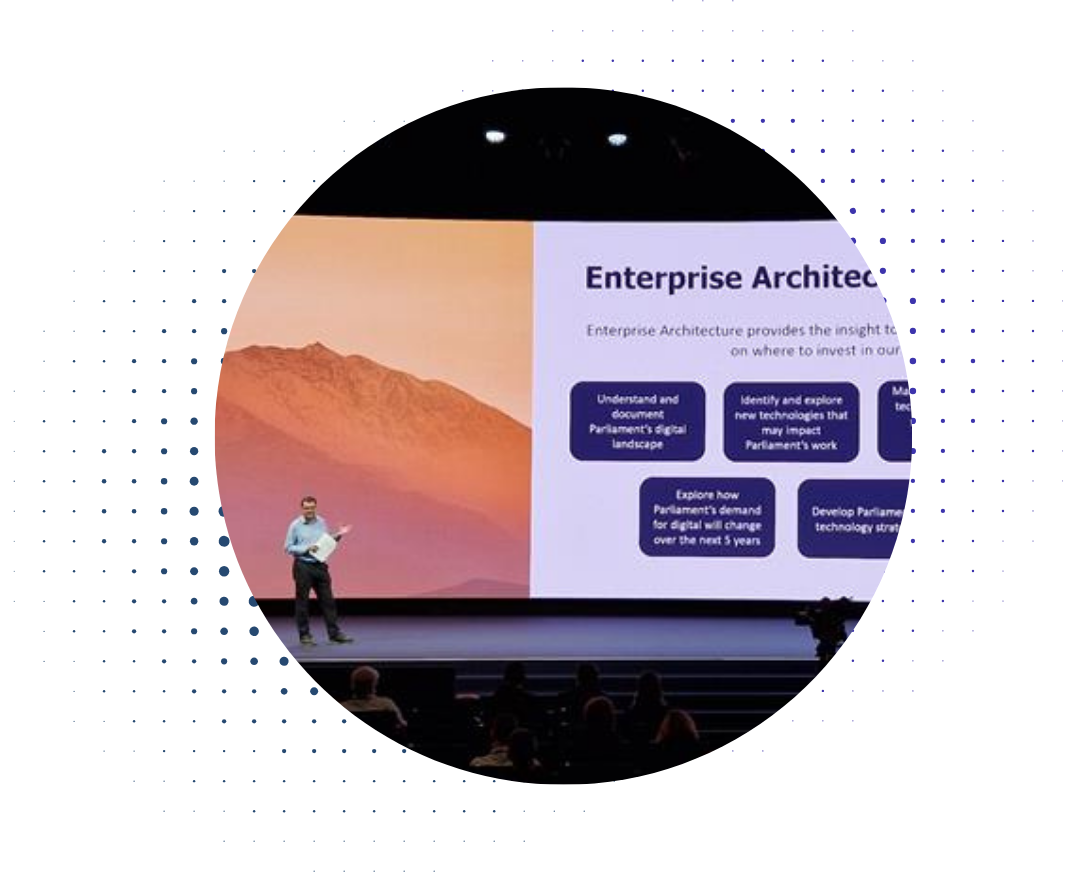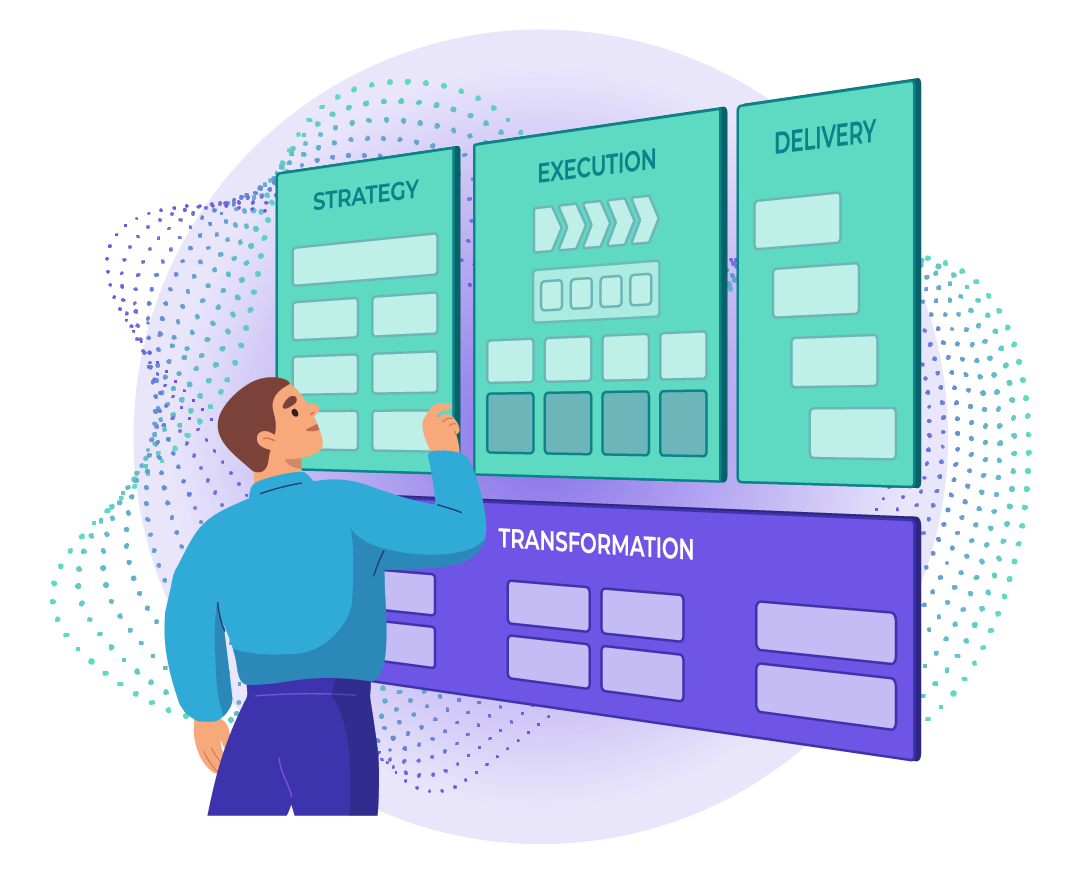In our recent OrbusLive session, Brenda Cowie, SVP of Strategic Growth at Orbus Software, and Kurt Wysock, VP of Technology Architecture at RCG Global Services dove deep into technical debt – what it is, why it happens, and how businesses can manage it to unlock future innovation. Here are the top takeaways:
Understanding technical debt
Technical debt accumulates from rushed development, outdated systems, and lack of proper governance. It’s often an unseen issue, but it has a significant impact on business operations, slowing down innovation and increasing costs. In fact, technical debt accounts for around 40% of IT balance sheets, highlighting the importance of addressing it sooner rather than later.
The business impact of technical debt
One of the biggest challenges is that technical debt often goes unnoticed by organizations. It’s a hidden burden that can cause delays in project timelines, lead to higher operational costs, and introduce security risks. Financially challenged organizations may delay tackling this debt, but doing so only increases long-term risks. Proactive management is key to avoiding larger issues down the road.
Strategies for managing technical debt
To effectively manage technical debt, organizations need to align their IT and business strategies. Regular monitoring is essential to keep debt in check and prevent it from spiraling out of control. Simplifying core applications and consolidating vendors can also reduce complexity, saving both time and money. A discovery assessment and blueprinting approach were recommended as starting points for both large and small organizations.
Preparing for generative AI
With the growing interest in generative AI (gen AI), reducing technical debt is more important than ever. Gen AI relies on clean, high-quality data, and any technical debt related to poor data governance can hinder its implementation. Tools like OrbusInfinity are helping organizations clean up data pipelines, automate manual tasks, and create AI-powered dashboards to support real-time decision-making, allowing enterprise architects to focus on strategic initiatives.
Ready to dive deeper into these topics? Watch the full discussion to gain more insights on managing technical debt and preparing for gen AI!
Watch the full discussion on LinkedIn




.png)


